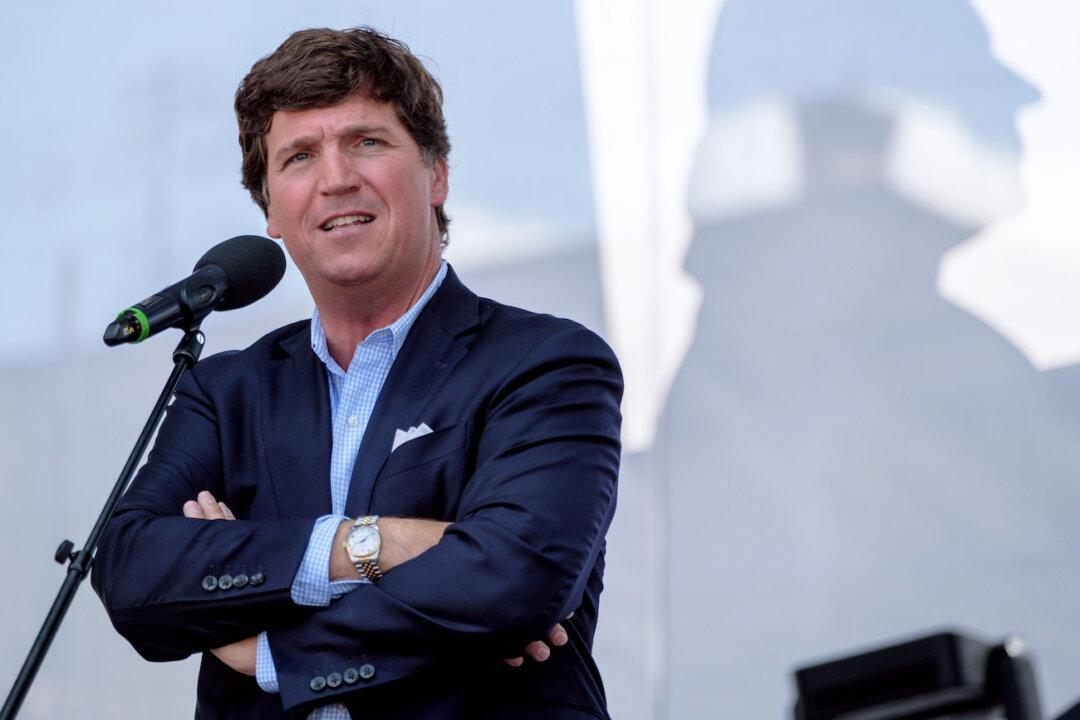Commentary
In a free society, contracts do a great deal of heavy lifting. You do this and I’ll do that, always to our mutual benefit. When a dispute arises, an arbiter can check the words to see who is in breach. If some party has failed to comply with the terms, he or she pays a financial penalty. That’s fine as far as it goes. Everything is voluntary.





